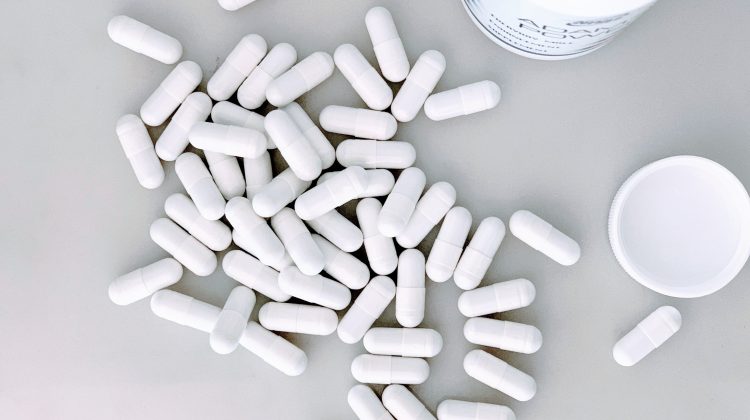Weight loss culture pervades America, evidenced by the diet industry’s soaring $76 billion evaluation in 2021. Fueled by the desire for immediate transformations, people chase after miracle remedies and quick fixes in pursuit of their ideal physique. As many dietitians will tell you, almost any fad diet can be a harmful one. Enter detox teas, the latest trend in this space, boosted by endorsements from celebrities and influencers.
Detox teas present themselves as a beneficial aid for weight loss, supposedly removing toxins from the body. However, a stark divide exists within this realm. While some blends include innocuous tea leaves, others house dangerous components like toxins, allergens, and even pharmaceutical elements that can inflict harm.
What Are Detox Teas?
The term “detox tea” encompasses a range of products, leading to confusion and uninformed usage. These beverages contain herbs that allegedly detoxify specific body parts using natural remedies. Health-conscious consumers often gravitate toward detox teas due to seemingly benign ingredients like lemongrass, peppermint, and ginger. Yet, these ingredients only reveal part of the story, as some detox tea components can have significant and potentially damaging effects.
Potential Problems of Detox Teas
Beyond the commonplace herbal ingredients, many detox tea blends incorporate substances with notable physiological impacts. Certain components contain high levels of caffeine, stimulants, diuretics, laxatives, or appetite suppressants.
For example, caffeine and stimulants can elevate heart rate and blood pressure, posing risks for individuals with cardiac conditions. Diuretic ingredients dehydrate the body in an effort to shed excess water weight, potentially causing weakness, confusion, and, in severe cases, kidney and brain damage or even death. Long-term laxative use leads to digestive issues, including constipation. According to the National Library of Medicine, the common detox tea ingredient Senna can result in laxative dependence and liver damage when used for extended periods.
People with food and medication allergies must exercise extreme caution when scrutinizing detox tea ingredients. Those grappling with psychological disorders and eating disorders face heightened risks of misusing or abusing detox teas.
Detox Tea Rules (or Lack Thereof) and Regulations
Detox teas, like many weight loss products, evade regulation by the Food and Drug Administration (FDA) and lack FDA approval. Consequently, they remain unreviewed for safety, effectiveness, and quality. This leaves consumers susceptible to ingesting inadequately vetted drinks with minimal oversight regarding marketing and usage promotion.
Lawsuits Against Popular Brands and Products
In 2022, Teami, a highly popular detox tea brand, faced a major lawsuit. The Federal Trade Commission (FTC) sued for fraudulent claims about the benefits of their 30 Day Detox Pack. The FTC determined that the company made deceptive assertions about not just weight loss but also the tea’s effects on cancer, clogged arteries, flu prevention, and migraines. As a result, nearly $1 million was returned to consumers, holding the company accountable for misrepresentation and wrongdoing.
Conclusion
While it’s challenging to navigate a landscape that promotes unhealthy beauty standards and fixates on body image, it is crucial to approach weight loss goals with a healthy dose of skepticism. These quick-fix products not only may fail to aid weight loss but can also harm your well-being, inflicting long-term damage on your body.





No Comment